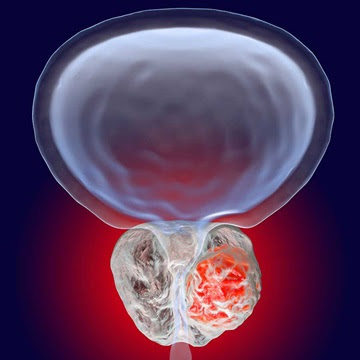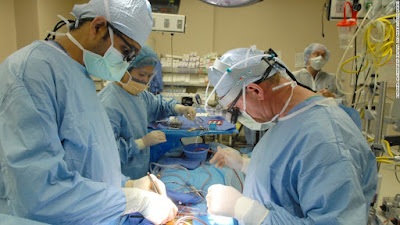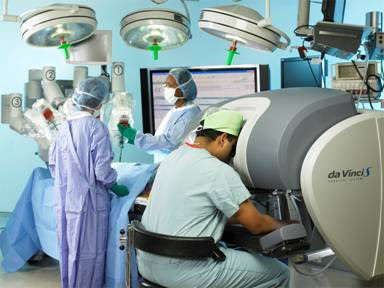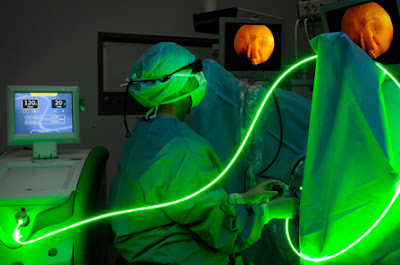Things You should Know about Prostate Cancer
Prostate cancer starts within the prostate gland. Advanced stage of this cancer occurs once it spreads or metastasizes from the prostate towards other parts of the body.
Prostate cancer can spread to the following parts:
- Lungs
- Liver
- Adrenal gland
- Bones
Advanced or stage 4 prostate cancer occurs once the cancer of prostate cancer has spread to distant tissues or organs during diagnosis. In most cases, doctors diagnose cancer of prostate at earlier stage.
Understanding the Symptoms
According to the best prostate cancer surgeons, most men with cancer that is just confined to the prostate will not show any symptoms. In contrast, others may face trouble urinating. They may also notice blood in their urine.
Some of the most common symptoms of metastatic prostate cancer including the following listed below:
- Weight loss
- Weakness
- Fatigue
Some of the other symptoms of advanced prostate cancer will depend on the extent to which it has spread and the size of the tumors. These include:
- Bone fractures and pain due to cancer that has spread (metastasized) to the bones.
- Abdominal swelling (due to cancer spreading to liver)
- Yellowing of eyes and skin (jaundice) due to cancer that spreads to the liver
- Shortness of breath or chest pain due to tumor growth in the lungs
- Headaches, dizziness, and seizures when cancer spreads in the brain
Who is at Risk?
Although precise cause of cancer is not clear, risk of developing prostate cancer increases significantly once a man reaches the age of 50. African-American men are prone to develop this type of cancer. Men who have inherited genetic mutations (HOXB13, BRCA1, and BRCA2) can also develop aggressive prostate cancer.
Although most men with prostate cancer do not have a family history, having a brother or father with prostate cancer can increase the risk significantly.




Comments
Post a Comment